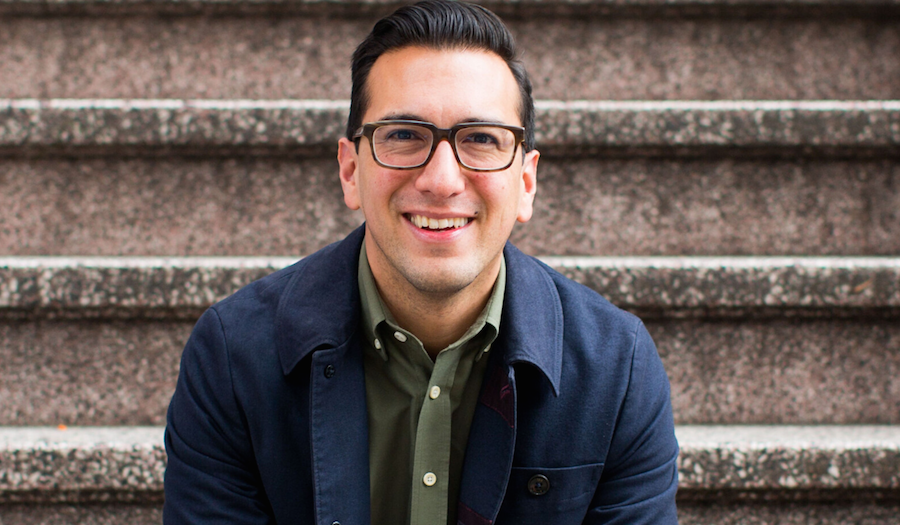How to Cultivate Kindness This Holiday Season

The holidays are many things to many people. Some of us spend months looking forward to the family, food, and fun of late December. Others look at those same weeks and see germs, tense conversations, and pent up stress.
Between the busyness of everyday life and the growing divisions in our culture—even within our families—you might have noticed that it feels harder to connect than ever. You wouldn’t be alone. Empathy is our ability to share, understand, and care about others’ feelings. It’s a psychological engine for kindness, close relationships, and successful communities, but it is also on the decline. According to one major survey, the average American in 2009 was less empathic than 75% of Americans just thirty years before.
The news is not all bad. Empathy can feel like a trait, which some people are born with and others are simply missing. But as I write about in The War for Kindness, it is actually more like a skill. We can practice habits that connect us more deeply to others, the same way we can strengthen our muscles.
Much of my work focuses on building “empathy gyms” for other people—places they can go to work out their care and understanding. You can try them out yourself at any time of year, but here are some ideas for cultivating kindness in the terrific, sometimes trying, holiday season.
Compassion starts at home. According to the golden rule, we should treat others the way we want to be treated. But sometimes we’re harder on ourselves than anyone else! We might have a vision of how our holiday party should go and criticize ourselves for any mistakes. Instead, consider self-compassion—remembering that our struggles and stresses are part of what make us human, and pointing kindness at ourselves when we need it most. Evidence demonstrates that self-compassion helps people build resilience, facing challenges without becoming overwhelmed. And keeping ourselves healthy is the first step towards connecting with others.
Savor giving. The holidays are full of giving, and also full of getting. Which one will you enjoy more? It turns out people often get this wrong. In one set of studies, psychologists gave people either $5 or $20, and asked them to spend it either on themselves or someone else. Beforehand, people overwhelmingly believed that spending on themselves would bring them more joy and that they’d be especially thrilled if they could treat themselves with $20. But when people actually spent the money, their experiences were totally different. The amount of money didn’t matter, but spending on others made them happier. The punchline is simple: when we help others, we benefit ourselves as well.
Be curious, not judgmental. The most challenging part of any holiday is that conversation. An uncle, cousin, or niece expresses a viewpoint that you find upsetting or offensive or maybe just plain dumb. In this hyper-polarized age, it’s easy to judge people who are different from ourselves and harder than ever to connect with them. One way to work through this is to focus not just on opinions but on the person underneath. In my Stanford seminar, “Becoming Kinder,” I ask my students to find someone they disagree with, but instead of sparring about their opinions, to interview the person about how they came to have their opinion in the first place. They don’t always (or often) end up agreeing, but that’s not the point. Instead, they realize that very different perspectives on the surface often come from surprisingly similar deeper experiences—like fear, hope, and loss.
Find gratitude targets: One of the most tried and true strategies psychologists have found for building happiness is a regular gratitude practice. But gratitude does more than infuse our lives with joy, it also connects us more deeply with each other. When we point our attention towards the people in our lives and reflect on all they do for us, our relationships strengthen and our sense of empathy for each other grows.
The holidays are a wonderful opportunity to take stock and be thankful for what we have. It might be even wiser to be thankful for who we have. After all, the greatest gifts we receive this season are each other.
This essay was featured in the December 22nd edition of The Sunday Paper. The Sunday Paper inspires hearts and minds to rise above the noise. To get The Sunday Paper delivered to your inbox each Sunday morning for free, click here to subscribe.

